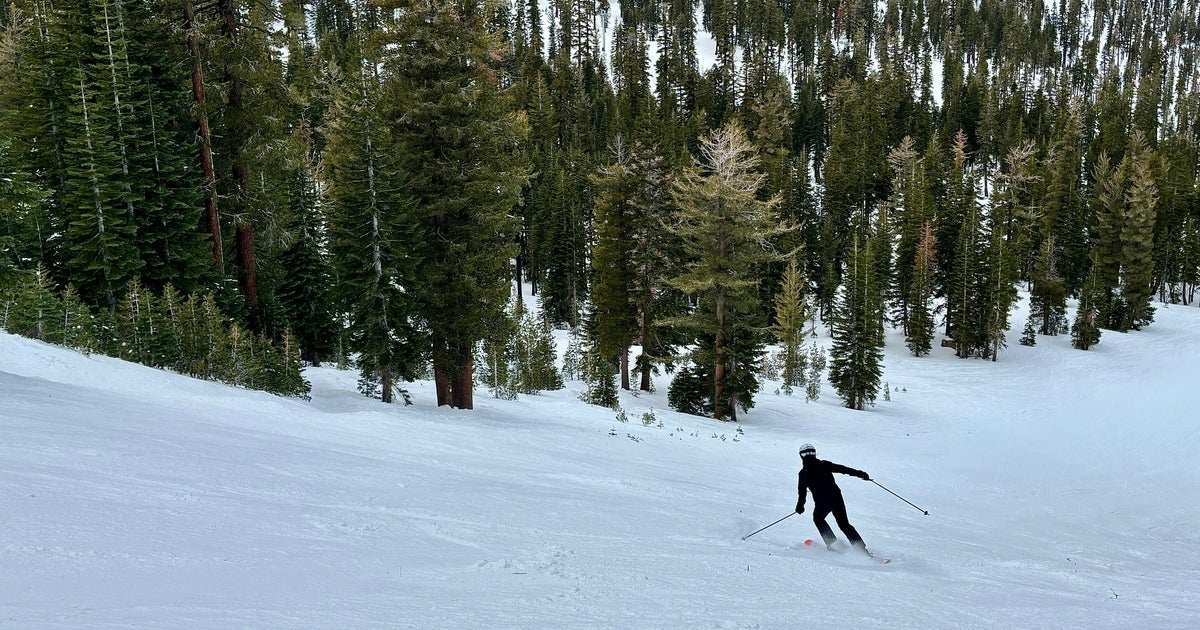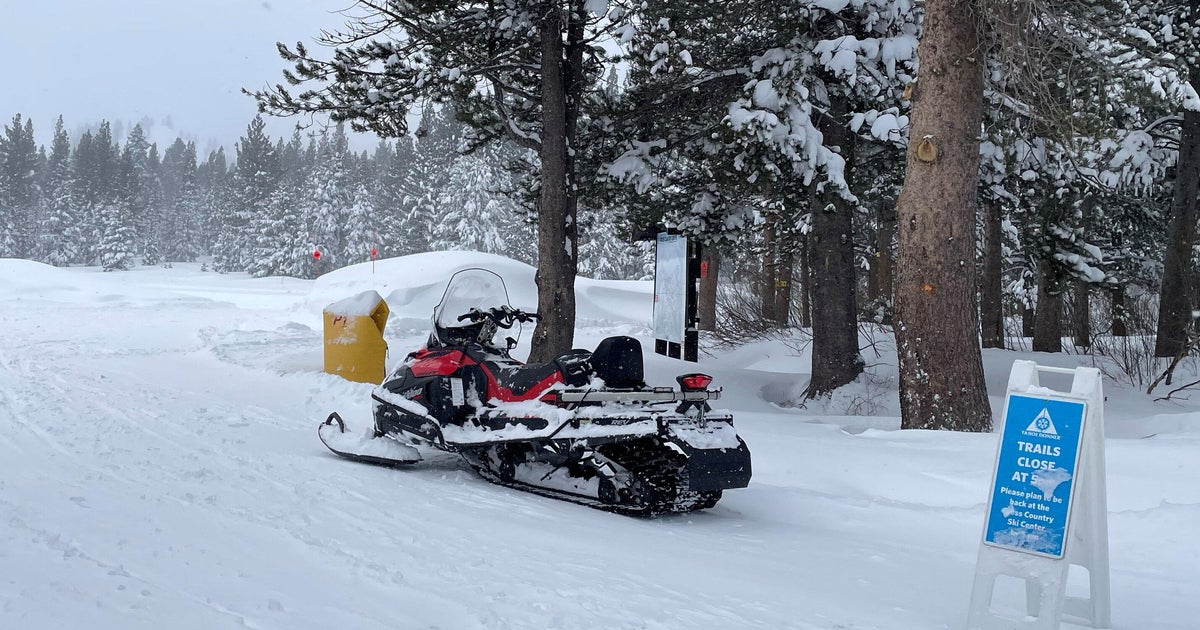Deadly western wildfires level homes and decimate communities
Berry Creek, California — At least a dozen people are now dead and thousands of homes and businesses have been incinerated in a fire season that is as devastating as it is historic. Smoke and ash have made the air across the west dangerous to breathe.
From Washington state to Oregon, and down through California, entire towns have now been decimated — including Berry Creek, California, and the surrounding area, where at least three people are dead and a dozen more are still missing.
Nearly 30 enormous and fast-moving blazes are burning across California, forcing 20,000 people to flee their homes, and leaving thousands more in the danger zone.
The deadly firestorm is spewing so much toxic ash into the skies that the smoke trails from the blazes are visible from space.
Six of California's largest wildfires on record have occurred this year, with a record three million acres destroyed.
Los Angeles residents are experiencing the worst air quality in 30 years, and in San Francisco, a fiery glow that one resident said, was like being inside a lit jack-o-lantern.
"This year it's hitting us harder than ever. We will see an increase in ER and hospital admissions cardiac," said Mary Prunicki, an air quality expert at Stanford.
In Southern California, 80 miles east of Los Angles, the El Dorado Fire has roared back to life. New evacuations have been ordered for the fire that has now burned for six days.
One fire there, The August Complex, located north of San Francisco, is the largest in the state's history. So far, the blaze has burned more than 470,000 acres and is 24% contained, officials said.
In Oregon, more than 800,000 acres charred and the toll just starting to set in. Health officials there extended hazardous air quality warnings until Monday. South of Medford, entire blocks were leveled in the community of Phoenix, Oregon.
The Oregon fires turned deadly, with a 12-year-old boy and his grandmother dying. As they tried to escape, her car wouldn't start, according to family members.
Carter Evans and Norah O'Donnell contributed reporting.




